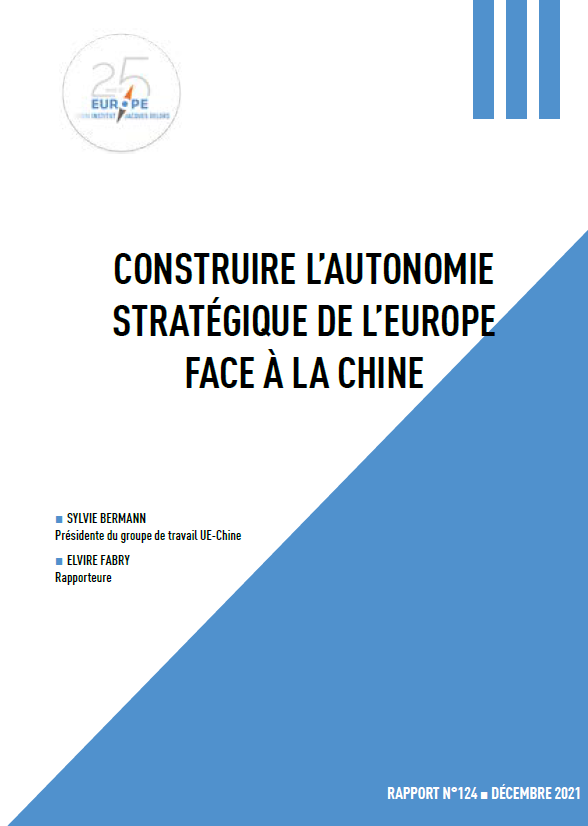China's Rising Trade Activism in ASEAN: Implications for the EU

As the world’s center of gravity has shifted to Asia, the European Union must also be present in the region. In particular, it must develop its relations with Asian countries that have long been neglected to the sole benefit of China -- namely India, but above all the countries of Southeast Asia, where China has invested heavily and will continue to gain influence.
The EU has developed a framework for dialogue with ASEAN over decades that needs to be treated with less flippancy. It has an interest in concluding its ongoing negotiations with Indonesia, which, with a population of nearly 300 million, will be the world’s fourth or fifth-largest economy by the end of the decade. As well as reinvigorating the bilateral negotiations with Malaysia, Thailand, and the Philippines, the EU should work to revive the project for an interregional agreement. Nor should the EU rule out the idea of joining the CPTPP agreement that has been signed by eleven countries in the Pacific region and will make its weight felt with common standards. It could be a potent instrument to influence Chinese trade practices.
In early 2021, the Jacques Delors Institute set up a working group that brings together researchers, academics, practitioners and business representatives from various Member States to focus on issues that structure the EU-China bilateral relationship. Françoise Nicolas has provided her recommendations for how the EU should develop its relations with Southeast Asia in light of China's growing influence.
> Read more on this analysis and the full report on the website of the Jacques Delors Institute.








